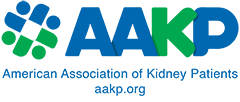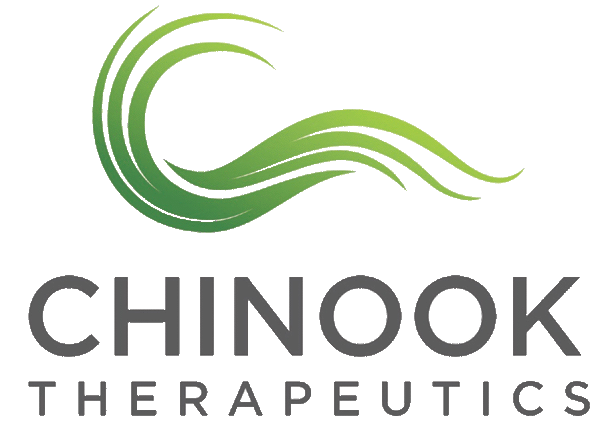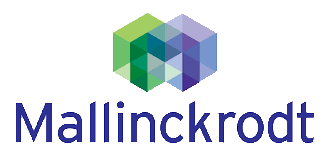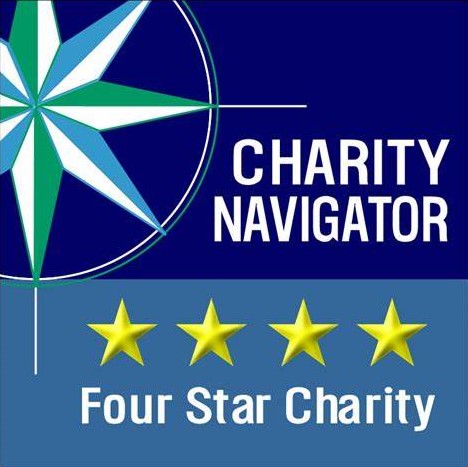Tampa, FL; March 28, 2011 – The American Association of Kidney Patients today congratulated the Government Accountability Office, the GAO, on the report issued this week entitled End Stage Renal Disease: CMS Should Assess Adequacy of Payment When Certain Oral Drugs Are Included and Ensure Availability of Quality Monitoring Data. The GAO report was produced in accordance with a mandate in the Patient Protection and Affordable Care Act.
The current Centers for Medicare and Medicaid Services (CMS) ESRD bundle does not include oral ESRD drugs such as phosphate binders and calcimimetics used for mineral and bone loss issues among kidney patients. The GAO reached out to several major national advocacy organizations, including AAKP, as well as several multiple large and small renal care providers in order to provide insight for the report from key stakeholders.
AAKP has been closely engaged for the past several years in the formal CMS comment process on proposed CMS changes to include previously unbundled biologicals, drugs and/or diagnostic studies in the bundle. AAKP presented testimony before the Centers for Medicaid Services in October of 2009 and detailed serious AAKP concerns about the CMS proposal and the potential impact on high-quality dialysis care, kidney patients and funds necessary for adequate provider reimbursements.
The GAO report www.gao.gov/products/GAO-11-365 touches on several issues of ongoing concern to AAKP, kidney patients and dialysis providers:
- CMS reliance on data drawn from Medicare PART D coverage that and that “these data may understate the costs dialysis organizations would incur to provide these drugs…”
- Questions about payment adequacy to dialysis organizations and that “inadequate payments could lead to access and quality of care issues for the beneficiaries on dialysis.”
- Delays in the implementation of CROWNWeb, a CMS online data collections system and, “the substantial and repeated delays associated with CROWNWeb, in addition to potential problems with data reliability associated with that system, raise questions about when CMS will be able to rely on the data collected in CROWNWeb to monitor the quality of dialysis care…”
Paul T. Conway, Vice President of AAKP and chair of the AAKP public policy committee stated, “We appreciate the very well-balanced report prepared by the GAO health care team and view the report as fully consistent with the GAO reputation for timely, high quality analysis. The report reflects a thorough understanding of the balance between the goals of realizing potential savings for the American taxpayer and ensuring healthier outcomes for kidney patients while simultaneously reducing the risks posed to patients if the revised bundle is poorly executed. The GAO recommendations were specifically designed to provide CMS with a roadmap on how to prevent harm to kidney patients and we appreciate the immediate CMS concurrence with those recommendations. We encourage Congress to continue their tremendous interest and oversight on programs related to kidney care and we fully respect their historic and ongoing commitment to high quality health care for all kidney patients.”
GAO addressed the report to the Chairmen and Ranking Members of the appropriate committees of jurisdiction including Chairman Max Baucus and Ranking Member Orrin Hatch of the Senate Committee on Finance, Chairman Fred Upton and Ranking Member Henry Waxman of the House Committee on Energy and Commerce, and Chairman Dave Camp and Ranking Member Sander Levin of the House Committee on Ways and Means.
AKKP recently announced that it will host its first National Public Policy Summit at the William J. Clinton Presidential Center in Little Rock, Arkansas August 25-26, 2011 in conjunction with the AAKP National Convention. Conway said, “This non-partisan event is one of several key initiatives in the AAKP strategy to more fully engage kidney patients, and those who may someday become kidney patients, in the formulation of national policy decisions that impact their lives.”
AAKP is the voluntary, patient organization, which for more than 35 years, has been dedicated to improving the lives of fellow kidney patients and their families by helping them deal with the physical, emotional and social impact of kidney disease. The programs offered by AAKP inform and inspire patients and their families to better understand their condition, adjust more readily to their circumstances, and assume more normal, productive lives in their communities.






























